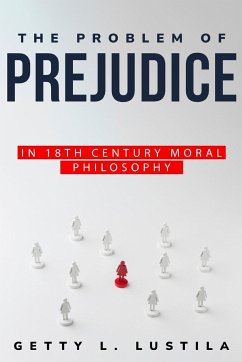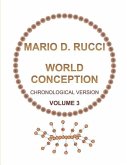My dissertation traces the development of what I call the problem of partiality through the work of certain key figures in the British Moralist tradition: John Locke, Catharine Trotter Cockburn, Anthony Ashley Cooper (the Third Earl of Shaftesbury), Francis Hutcheson, John Gay, David Hume, Joseph Butler, and Adam Smith. On the one hand, we are committed to impartiality as a constitutive norm of moral judgment and conduct. On the other hand, we are committed to the idea that it is permissible, or even obligatory, to expend disproportionate resources promoting the good of our loved ones over the good of strangers. But these two commitments seem to conflict with one another.1 This problem challenges us to provide an account of the scope and limits of reasonable partiality that does justice to both commitments. I argue that the problem of partiality is a central concern of modern ethics. My dissertation offers a rereading of the British Moralist tradition, focused on debates about partiality.




